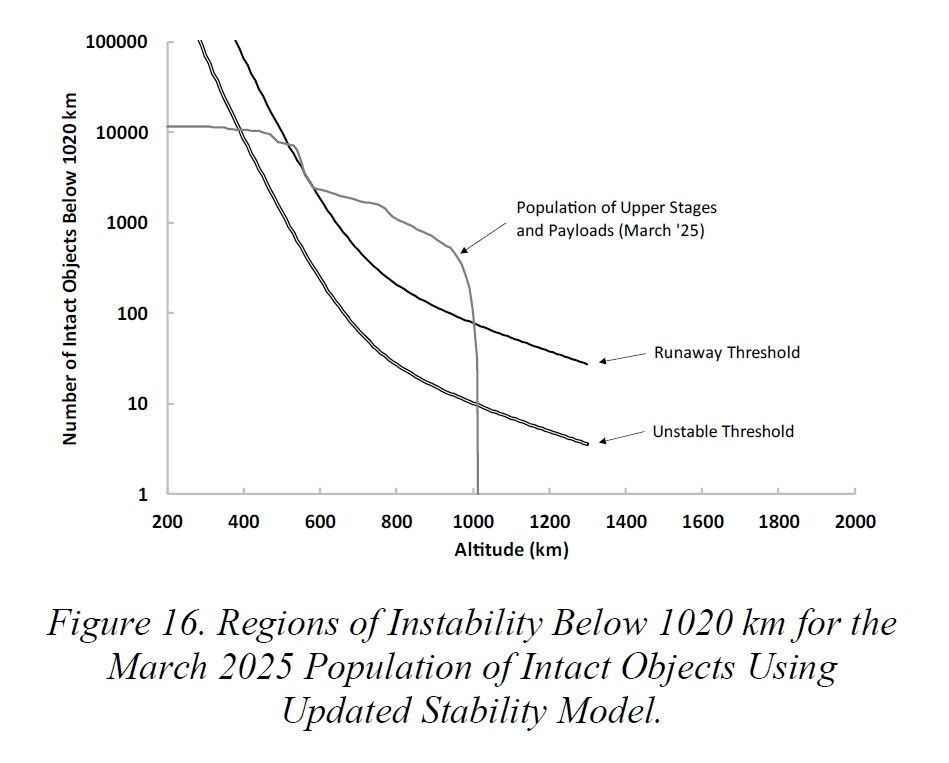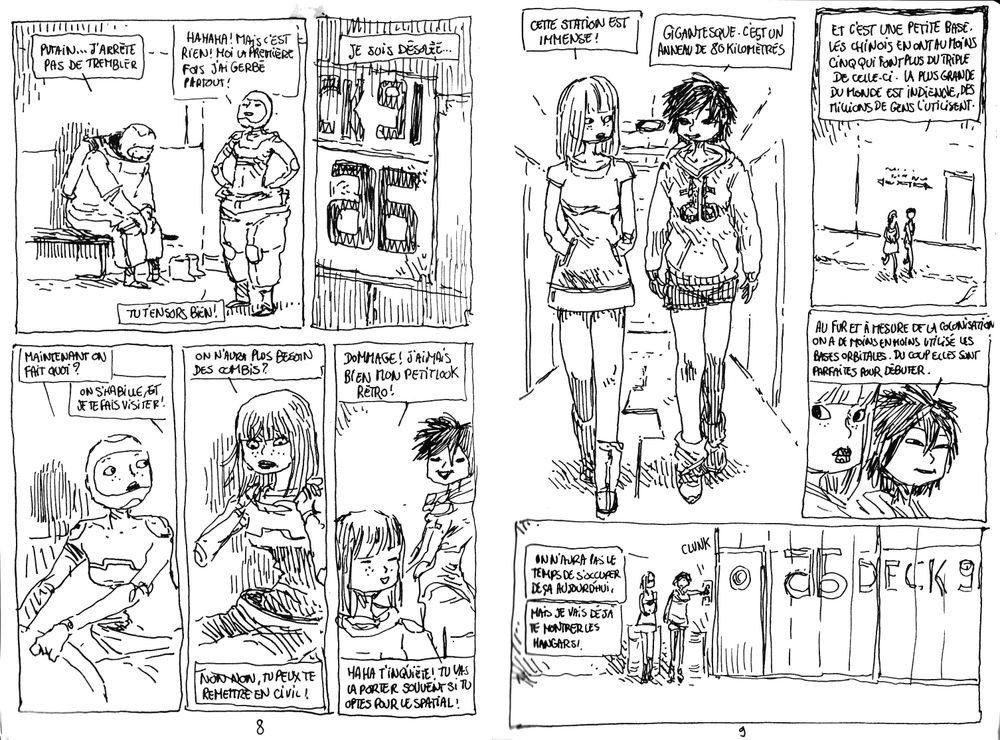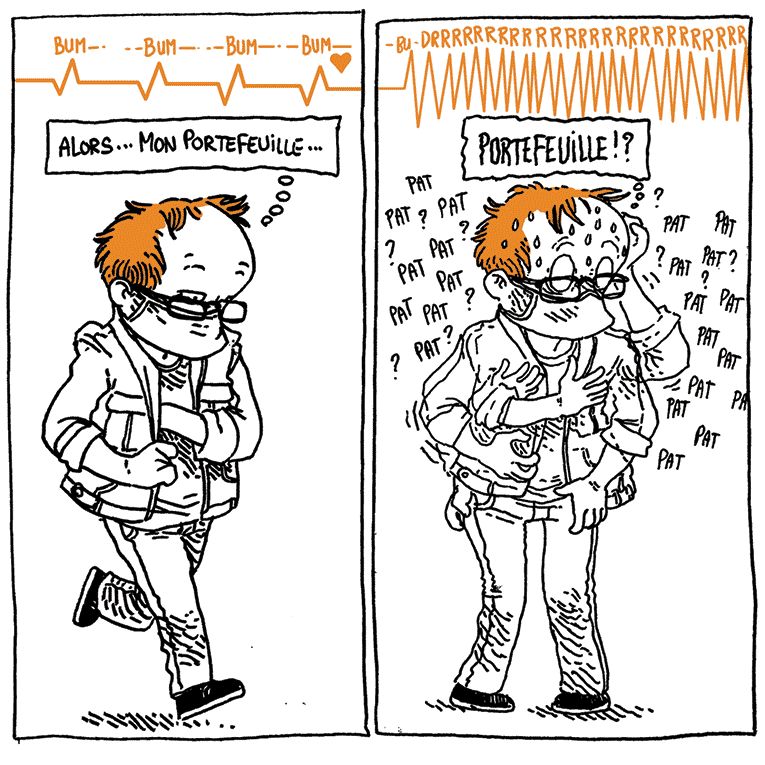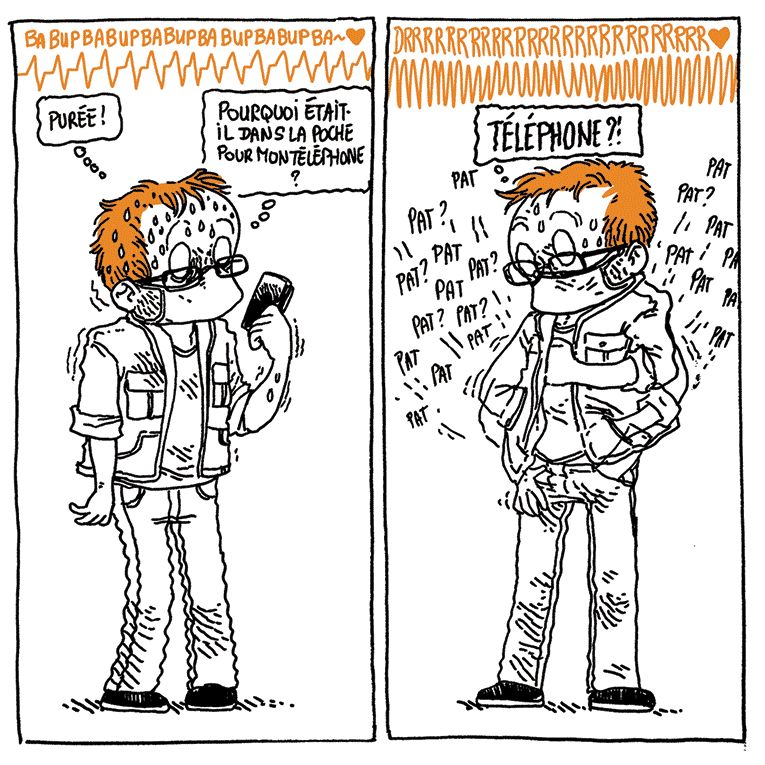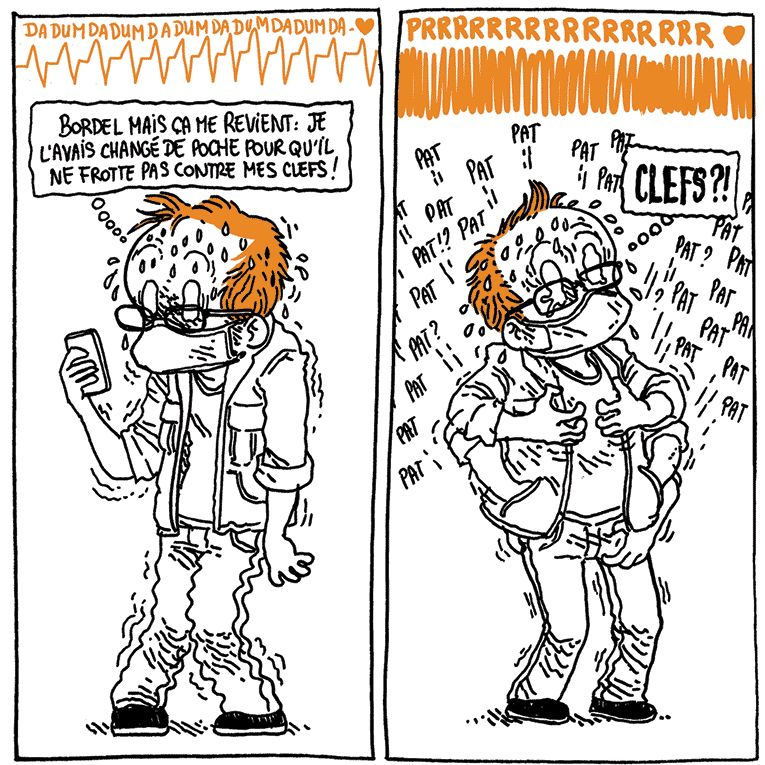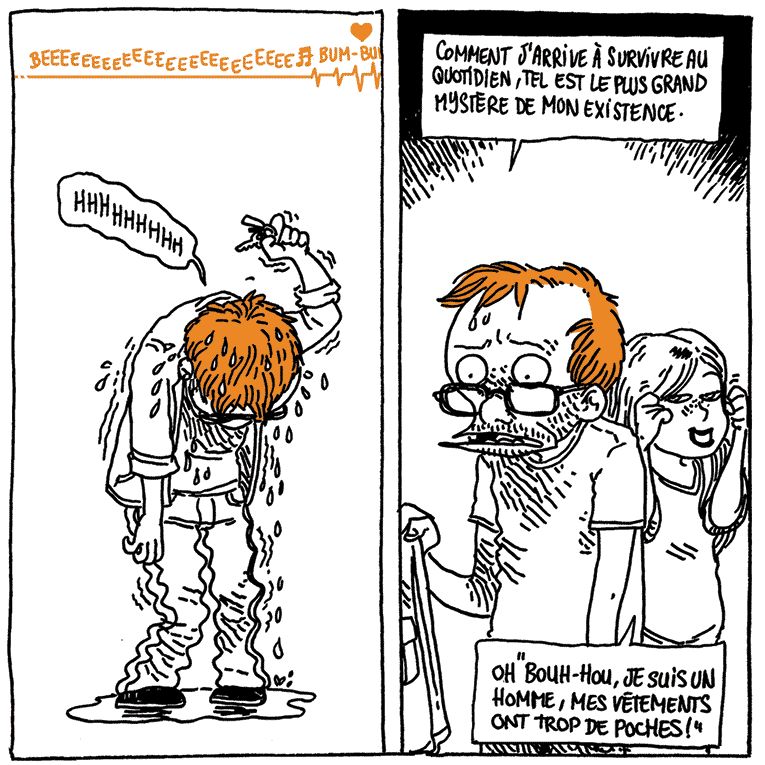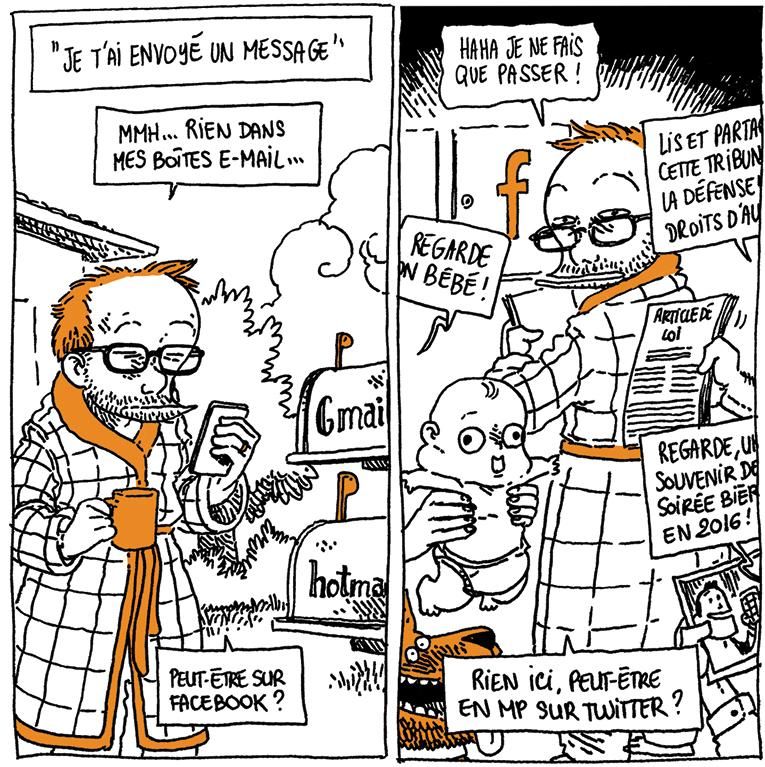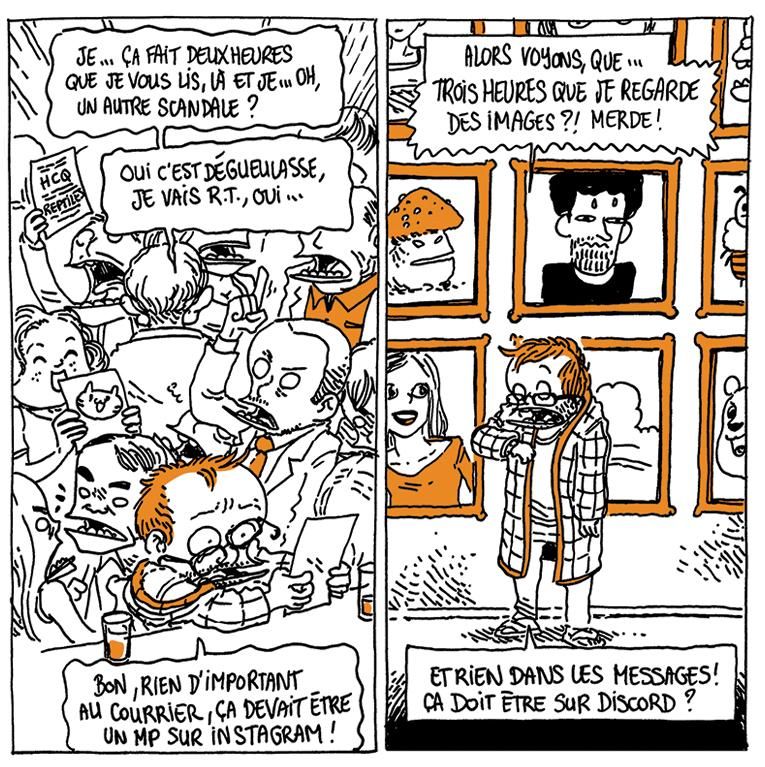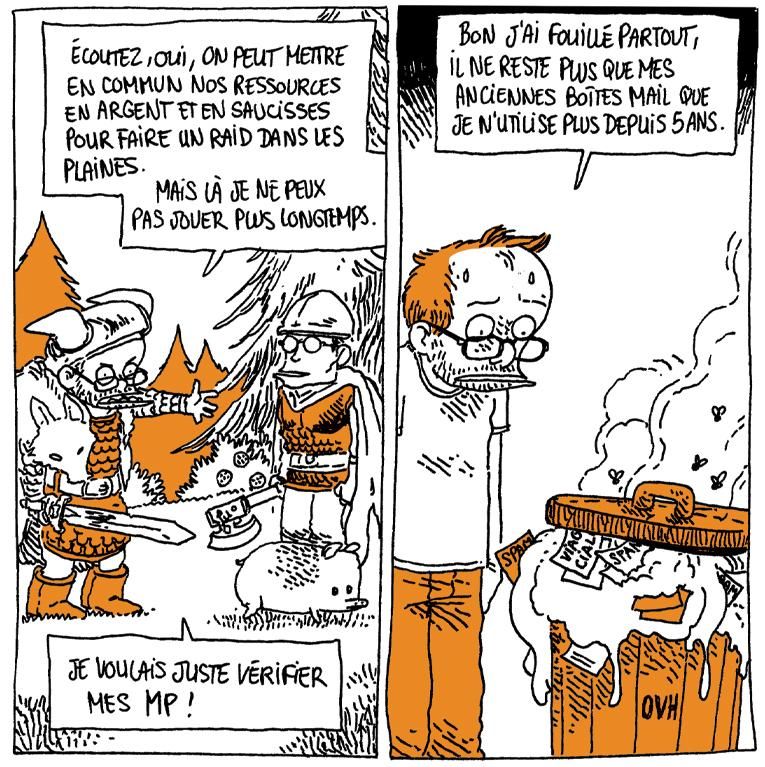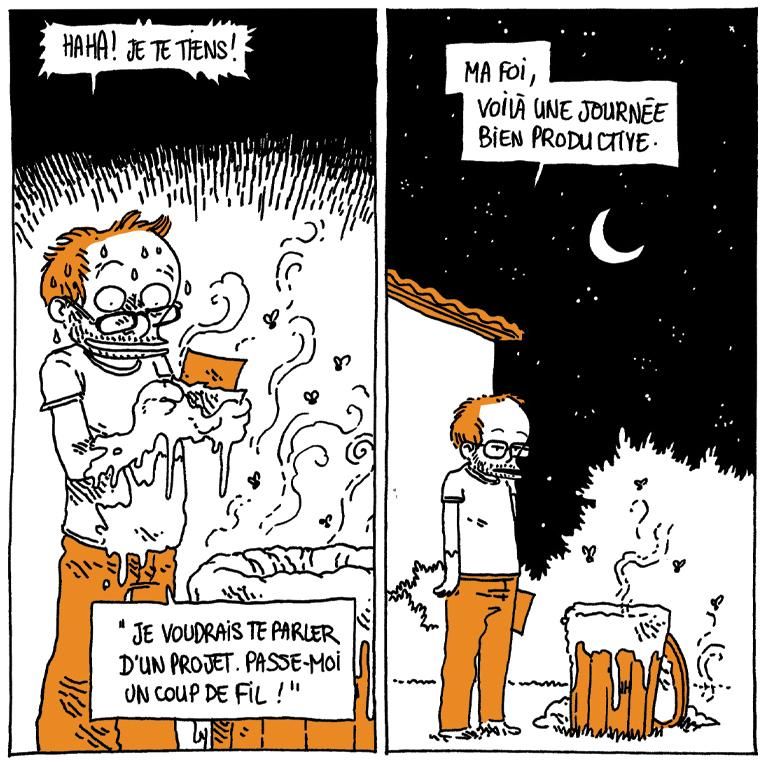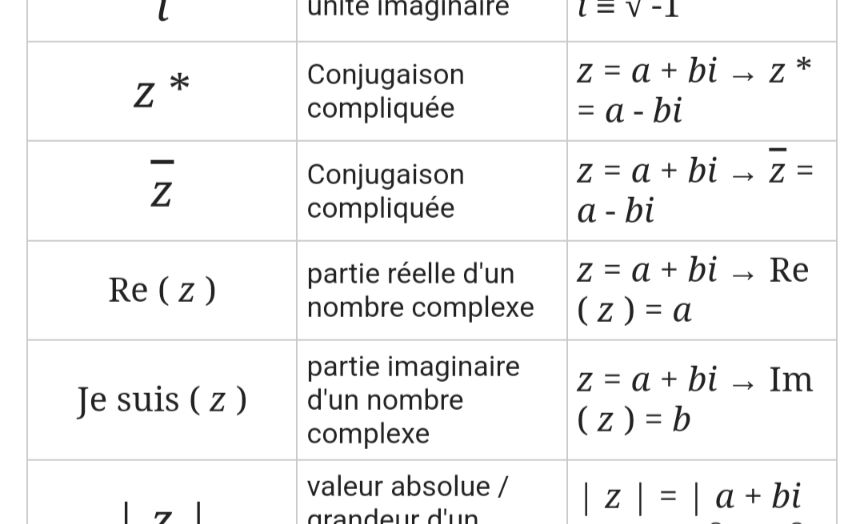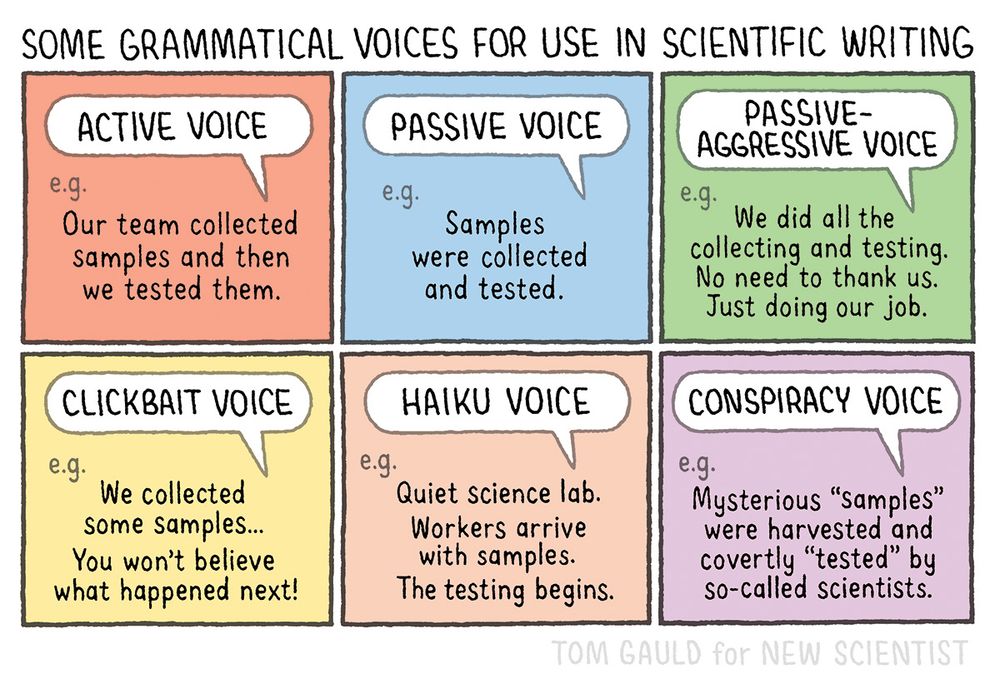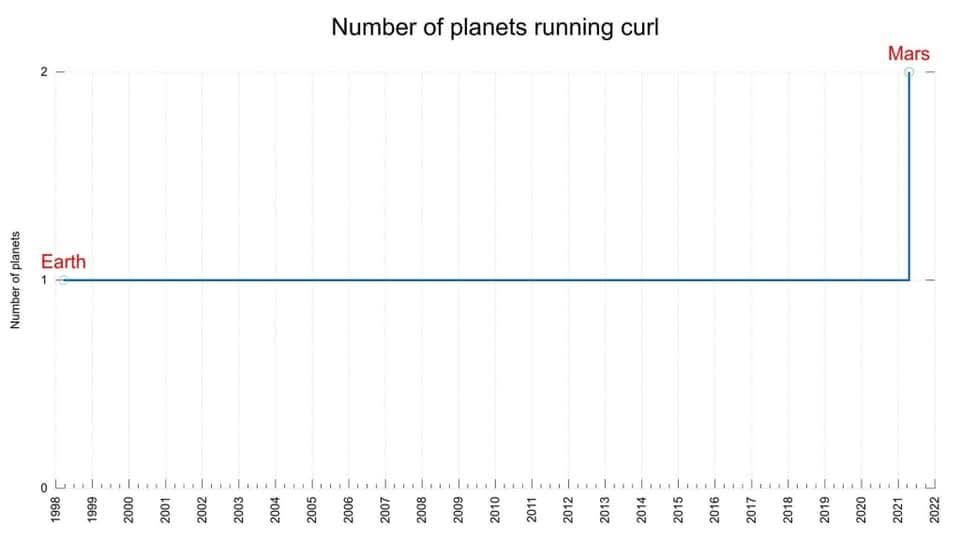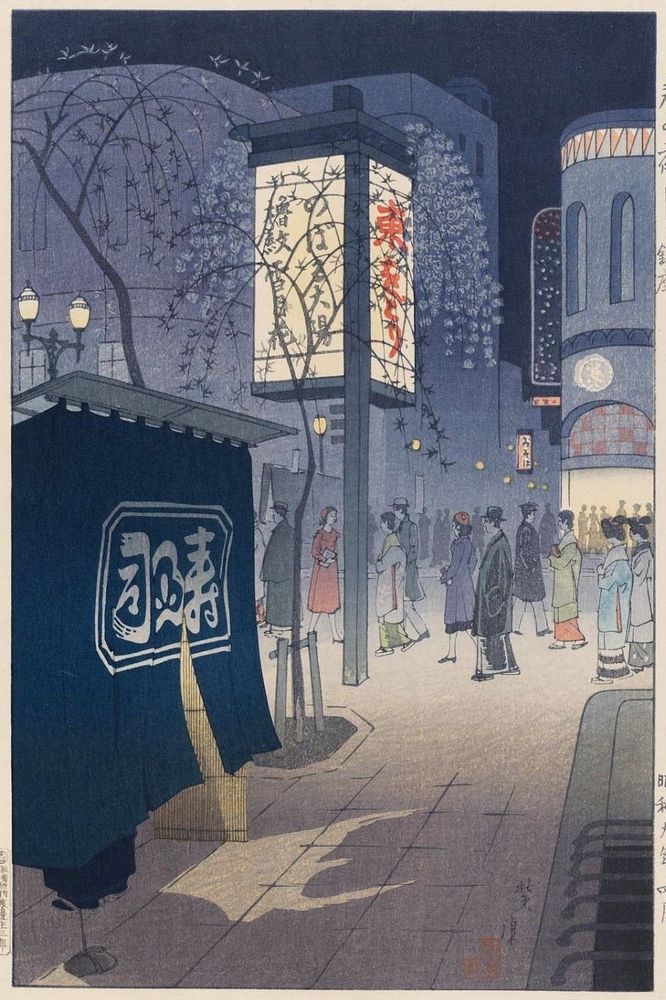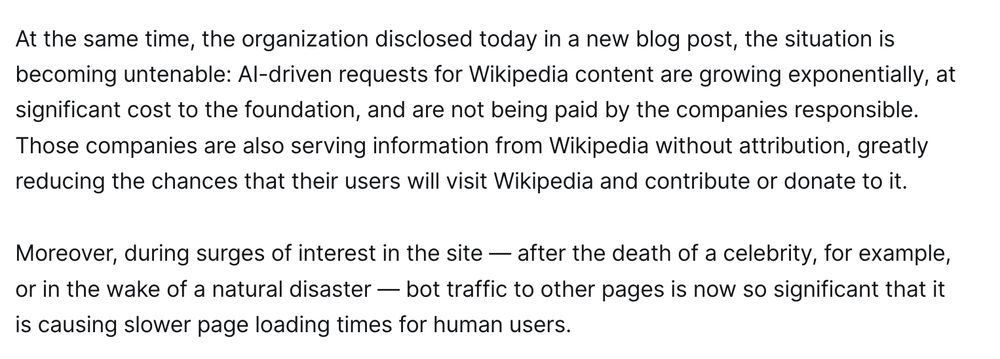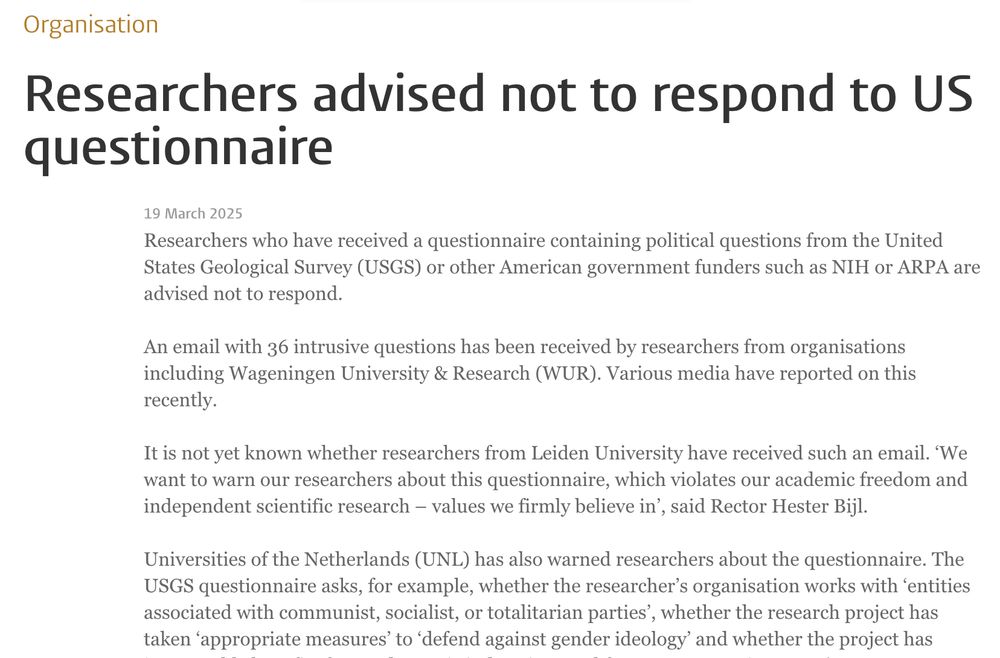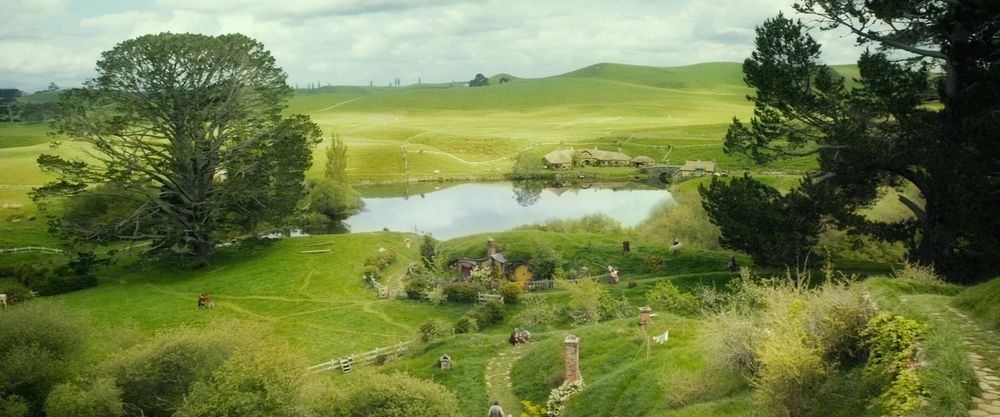
The Moral Economy of the Shire
Who paid for this?
There’s a certain meme that I see making the rounds on Facebook every so often about the bucolic nature of life in the Shire, from Tolkien’s _The Hobbit_ and _The Lord of the Rings_ , and because I am the way that I am, every time I see it, it makes me start thinking. “ _Are_ there taxes in the Shire? If not, how does the government function? _Are_ there worries? Does the lack of taxes relate to the lack of worries? How do people think a whole economic system built around drinking and pipe-smoking even works?” Luckily, I think there are answers to this. Tolkien does not describe the political economy of the Hobbits in any detail, because it’s rarely relevant to the story, but I think we can learn a lot about it from what he does mention. In Tolkien’s legendarium, the Shire is built out an idealized version of rural English society. By looking at how he depicts this–and what eventually happens to it–we can learn a lot about how these sorts of societies function and change over time, and what the benefits and drawbacks of living life Hobbit-style _really_ are.
We’ll begin with a quick sketch of the Shire’s government. This won’t take long, because there’s not much of it. We’re told explicitly, right at the start of _Lord of the Rings_ :
> The Shire at this time had hardly any ‘government’. Families for the most part managed their own affairs. Growing food and eating it occupied most of their time. In other matters they were, as a rule, generous and not greedy, but contented and moderate, so that estates, farms, workshops, and small trades tended to remain unchanged for generations.
>
> The Fellowship of the Ring, J.R.R. Tolkien, pg. 9
Legally speaking, the Shire took the form of a royal grant from King Argeleb II to the brothers Marcho and Blanco in 1601 TA, granting their people the right to settle the lands between the Brandywine River and the Far Downs, in return for which they were to maintain the bridges and roads, aid the King’s couriers, and acknowledge him as liege-lord. After the downfall of the Kingdom of Arnor, the Hobbits chose to maintain this legal continuity by establishing the office of Thain, a hereditary chieftainship who could take the place of the absent monarch. This office originally belonged to the Oldbuck family, but some centuries prior to the events of _Lord of the Rings_ had passed to the Tooks. The Thain was the nominal Head of State for the Shire, and had the authority to summon the moot and muster in times of emergency, but this was mostly ceremonial, given the lack of emergencies.
The only other office of note was the Mayor of Michel Delving, elected every seven years at the Free Fair at Midsummer. The Mayor’s only real task was to preside over banquets, but by tradition and custom, he also held the posts of Postmaster and First Sheriff, thus controlling the only two governmental organs of note, the Messenger Service and the Watch. The former does exactly what you’d expect, the latter was the closest thing the Shire had to a police force, though it was a fully-volunteer outfit whose main tasks were rounding up stray livestock and discouraging “outsiders” from entering the Shire.
We can conclude from this, right away, that yes, the Shire likely had few, if any taxes. Individual taxation requires a large administrative apparatus to collect, and large numbers of full-time bureaucrats, which is why it was so rare in Medieval Europe. (This is the irony of George R.R. Martin’s famous complaint of “what was Aragorn’s tax policy?” He probably didn’t have one, and depended on feudal vassals to administer his holdings.) The minimal government of the Shire would likely have been funded out of bridge and road tolls, tariffs, and/or theoretically-voluntary gifts from elite families, a common custom in Ancient Mediterranean democracies such as Athens.
But what does this tell us about the broader social and economic structures of Hobbit society? The implication in both books and movies is that most Hobbits spent their time either farming or enjoying leisure time, but this makes little sense, when one considers what we know about premodern agriculture and what little of life and culture in the Shire. This could describe a pure subsistence economy, based around producing just enough food to ensure survival, and some of the text seems to suggest that, but it’s clear that that can’t be true. The Shire has a well-developed economy, with mills, full-time craftsmen, inns, and the large-scale cultivation of luxury crops, despite having almost no foreign trade (Southfarthing pipe-weed being found as far away as Isengard is taken as proof of Saruman’s meddling) or industry. Premodern agriculture was characterized primarily as being low-surplus and high-labor, it takes a _lot_ of people a _lot_ of time to produce enough food for everyone to eat, and there’s rarely much left over. How does this jibe with the leisurely lives of simple pleasure that our Hobbit heroes seem to enjoy?
There’s actually a very obvious answer, which is that our protagonists aren’t typical Hobbits. Bilbo, Frodo, Merry, and Pippin are all very clearly members of the landed gentry, the landowning class that controls most means of economic production and maintains social dominance over the Shire. This isn’t really extrapolation or interpretation, it’s more-or-less text, and I suspect the only reason it’s not spelled out is because Tolkien assumed any reader would understand that intuitively. Bilbo and Frodo are both gentlemen of leisure because the Baggins family is independently wealthy, and that wealth almost _has_ to come from land ownership, because there isn’t enough industry or trade to sustain it. They can afford to go on adventures and study Elven poetry because they draw their income from tenant farmers renting their land. Merry and Pippin are from an even higher social tier; both are the heirs to powerful families that hold quasi-feudal offices (the Master of Buckland, for the Brandybucks, and the Thain, for the Tooks).
It’s kinda weird that there aren’t any crops
As I said before, this is the traditional system of social organization in the English countryside, sometimes known as “squirearchy”. The gentry, in this paradigm, aren’t nobility–they don’t have a distinct set of legal privileges. Serfdom, or other forms of labor bound to the land, doesn’t seem to exist, and there’s no evidence of military vassalage as an organizing principle. Instead, we can see that a relatively small number of families owns much of the land, and much of the agricultural capital–mills, granaries, oxen, plows, etc–allowing them to wield a high level of informal economic and social control over their community. Most other Hobbits would either be tenant farmers, paying most of their produce back to their landlords in rents, or yeomen, independent small farmers who owned their own land, but were still dependent on the gentry in many respects. We can see a small, burgeoning urban bourgeois emerging in the small towns and villages, perhaps, but without foreign trade or industrialization, this can’t grow to challenge the gentry, and no proletariat is likely to exist yet.
Understanding this sheds a great deal of light on Tolkien’s explanation of the Shire’s governance. The lack of much organized administration is not, as some suggest, a form of democratic anarchism, but instead the result of elite control.
> All Hobbits were, in any case, clannish and reckoned up their relationships with great care. They drew long and elaborate family-trees with innumerable branches.
>
> —
>
> The Thainship had ceased to be more than a nominal dignity. The Took family was still, indeed, accorded a special respect, for it remained both numerous and exceedingly wealthy.
>
> The Fellowship of the Ring, J.R.R. Tolkien, pgs. 7, 9
This is a society organized around family and clan dynamics, where power flows not from the office, but from who you know, and the web of favors, debts, and relationships you can call upon. The Tooks are not powerful because they hold the Thainship, they hold the Thainship as a signifier of being “the first family” of the Shire, in terms of wealth and influence. The Mayor of Michel Delving’s main job is to preside over banquets because, in a political structure like this, those sort of social events are where everything is actually decided and established, in the subtle, informal relationships between the families who own everything. There’s no bureaucracy or administrative apparatus because there is no _need_ for one. The Shire is not conducting war or diplomacy or trade, and isn’t administering large populations of subjects, and there would be no reason for the Oldbucks, Brandybucks, Tooks, etc to support the kind of centralization of state power that could challenge their informal reign.
From everything we’re told, the Shire is a very agriculturally productive region, which helps explain the lack of debt-peonage or other forms of unfree labor. It also explains the relative “looseness” of the system we’re looking at here; the gap between the lower gentry and upper yeomanry isn’t very large, and most families are able to support themselves with only minimal assistance.
The other term we need to know if we want to understand the Shire is “clientelism”, perhaps more commonly refereed to as “patron-client relationships”. This is a social-political structure that emerges organically in many different contexts, and consists of a set of mutual, hierarchical obligations between powerful “patrons” and a network of “clients” who depend on them, economically, socially, or politically. It seems likely, from what we see of the Shire, that clientelism is the main organizing force within Hobbit politics. This would be far from unusual, in this sort of system.
> But because our small subsistence farmers are mostly focused on controlling and mitigating risk rather than enhancing raw yields, often the most important thing they could get from the large landholder was not a tangible thing at all: **access to vertical patronage ties**. Just like the smallholders could establish horizontal ties with fellow small farmers, they could also try to establish those ties with the big fellow in the big house. Of course the mechanisms for establishing the ties were different: few peasants could banquet an aristocrat and most aristocrats would be insulted by a suggestion of an alliance through marriage. Instead the ties were strictly vertical – that is they were unequal. They often began with the farmer working at least a bit as a tenant on the big farm, but also typically included political support, sometimes military support (that is, coming out to fight when the large landholder did, often as common troops in his retinue) and no small amount of social deference.
>
> _Collections: Bread, How Did They Make It? Part II: Big Farms_ , Brett Devereaux (Source)
To understand this, let’s look at a prototypical example of this; the relationship between the Baggins and the Gamgees.
Both Samwise Gamgee and his father, Hamfast Gamgee, are employed by Bilbo and Frodo Baggins, but the relationship is clearly far deeper than that. Throughout _Lord of the Rings_ , Frodo treats Sam almost a feudal retainer, not just a person in a employee relationship, but someone who owes personal fealty to him, an attitude clearly reciprocated by Sam. There’s affection, friendship, and even love between them, but in the context of a hierarchical relationship. It’s never in question who “Mister Frodo” is, though it’s clear that this loyalty comes with expectations and obligations. Sam is not a slave, not is he bound by oaths of vassalage, or contract. He is loyal because he is expected to be, and because the Baggins repay loyalty with patronage, both to him, and his family.
> The poorer Hobbits, and especially those of Bagshot Row, did very well. Old Gaffer Gamgee got two sacks of potatoes, a new spade, a woolen waistcoat, and a bottle of ointment for creaking joints.
>
> —
>
> “Well, you can’t say fairer than that,” said the gaffer. “Mr. _Frodo_ Baggins is a real gentlehobbit, I always have said, whatever you may think of some others of the name, begging your pardon. And I hope my Sam’s behaved hisself and given satisfaction?”
>
> The Fellowship of the Rings, J.R.R. Tolkien, pg. 37
>
> The Return of the King, J.R.R. Tolkien, pg. 991
The Gamgees are likely tenants of the Baggins, or at least dependent on them for access to agricultural capital. They likely send much of their income up to Bag End in rent, and provide services, as gardeners, batmen, valets, traveling companions, etc. They also provide support, in a social and civic sense, as we see. If Frodo had gone to the Free Fair to run for Mayor, the Gamgees and other tenants would have voted for him, and would have accompanied him in public, to demonstrate his status and prestige. But in return for this, they could expect generous gifts on holidays, loans of money on favorable terms, lax enforcement of rental arrears in time of drought and famine, and legal support in disputes.
Tolkien himself said that Sam was inspired by his experience as a young Lieutenant in the Lancashire Fusiliers in WWI.
> My Sam Gamgee is indeed a reflexion of the English soldier, of the privates and batmen I knew in the 1914 war, and recognized as so far superior to myself
>
> J.R.R. Tolkien: A Biography, ed. Humphrey Carpenter, pg. 89
This, however, should not surprise us. Tolkien was serving in the British Army, and armies are always embryonic reflections of the societies that raised them.
For bachelors Bilbo and Frodo, these were personal, individual relationships. But the norm was likely closer to webs of debts, favors, and obligations, traded back and forth between families, cemented by marriage alliances and social ties. We’re told repeatedly that gift-giving and hosting feasts are two of the primary preoccupations of Hobbits. To modern ears, this may come across as utopian, or idyllic, but these sorts of status displays were a key part of many economic and social systems. In many Pacific Northwest Native American tribes, this was known as “potlatch“, and served as both a political and economic system, in which conspicuous displays of generosity were used to denote power and prestige. The Shire clearly has a monetary economy, but gift-giving remains important. The entire first chapter of _Lord of the Rings_ is devoted to Bilbo’s 111st birthday party, which is a huge event that attracts intense attention from across Hobbit society, and involves massive displays of largess, solidifying the Baggins’ social position, and cementing ties with neighboring families and rival clans. Or at least, it _would_ have been, if Bilbo hadn’t had an ulterior motive.
I think all of this is pretty reasonable extrapolation from the text. Tolkien was decidedly _not_ writing direct allegories, but he made no secret of the fact that he was drawing upon his substantial academic knowledge of premodern history and society to shape his world. That’s a big part of why it works so well. But what I find fascinating about this topic is the way in which _Lord of the Rings_ doesn’t just depict the traditional agricultural political economy, but the way in which it demonstrates what happened to it.
The title of this post is taken from the 1976 book _The Moral Economy of the Peasant: Rebellion and Subsistence in Southeast Asia_ , by James C. Scott, which I read in undergrad. The book analyzes a series of peasant insurrections in Indochina and Burma in the 1930s, and argues that their root causes was the disruption of traditional sociopolitical and cultural norms, the so-called “moral economy” by colonialism and market capitalism. Of key importance was his contention that the _casus belli_ was not only, or even primarily, increased exploitation in a purely material sense, but the disruption to traditional patronage networks that had sustained them for generations. Peasant households should not be seen as small businesses, trying to maximize their annual profits, but as _people trying to survive_. A single failed harvest could mean death, and in this situation, the patronage networks were a vital social safety net. A peasant in this system gave most of his income to his landlord, without fail, but he could trust that in case of disaster, he would have some recourse.
More modern market economics brought opportunity–but also risk. As landowners became integrated into the globalized economy, backed up the military might of colonial regimes, they had less and less reason to uphold the traditional bargains with their tenants and smallholders. Plantation-style cultivation of cash crops for market could produce riches, but also catastrophe in the case of drought, famine, or economic downturn–all of which occurred in Vietnam in the 1930s. Traditional elites in Indochina had often been lenient regarding peasants, because they had to be, unable to strictly enforce taxation or rent in times of scarcity, and dependent for social and political support on their clients. That was not the case for French authorities in Saigon and Hanoi. On the very first page, Scott describes “the position of the rural population” as “that of a man standing permanently up to his neck in water, so that even a ripple might drown him.” (_Moral Economy_ , pg. vii). The perhaps counterintuitive conclusion is that peasants are often quite conservative. They’ll fight to support the social order, if they think it’s in their interests, and are often quite wary of change. The arrival of deracinated capitalism could be quite advantageous, in the long run, but in the short run could destroy communities that had found a rough balance of survival.
Another famous example of this is the Great Peasants’ War of 1524-1525, in the Holy Roman Empire. Reading the Twelve Articles, one of the lists of grievances drawn up by Swabian peasant leaders, it is noteworthy how they are couched in a language of conservatism and tradition, demanding the restoration of ancient privileges, justified in religious language. Of the demands, Four, Five, and Ten are in regards to traditional feudal privileges that were being eroded, rights of fishing, hunting, gathering wood, etc. Six, Seven, and Eight are demanding regulation of the customary labor provided by peasants to their lords, insisting on lower rents and quotas. I don’t think anyone would argue that European farmers in Germany _today_ aren’t better off now than they were in the 1500s. But the period of economic transition could be brutal.
This process of consolidation and commercialization undermining traditional social arrangements can be seen in the Shire, mostly in the last few chapters of _The Return of the King_ , when our heroes return from abroad.
> “It all began with Pimple, as we call him,” said Farmer Cotton; “and it began as soon as you’d gone off, Mr. Frodo. He’d funny ideas, had Pimple. Seems he wanted to own everything himself, and then order other folks about. It soon came out that he already did own a sight more than was good for him; and he was always grabbing more, though where he got the money was a mystery: mills and malt-houses and inns, and farms, and leaf-plantations………of course, he started with a lot of property in the Southfarthing which he had from his dad; and it seems he’d been selling a lot o’ the best leaf, and sending it away quietly for a year or two. But at the end o’ last year he began sending away loads of stuff, not only leaf. Things began to get short, and winter coming on, too. Folk got angry, but he had his answear. A lot of Men, ruffians mostly, came with great waggons, some to carry off the goods south-away, and others to stay. And more came.”
>
> The Return of the King, J.R.R. Tolkien, pg. 989
Lotho Sackville-Baggins was a member of the Shire’s gentry, and it seems a relatively powerful one. He made contact with Saruman–we’re never told how–and thus gained access to a source of capital outside the traditional Hobbit system via foreign trade, which allowed him to accumulate enough economic control to emerge as _de facto_ ruler, bringing in foreign mercenaries to suppress local resistance and beat down his competitors. In Tolkien’s writing, Sauron and Saruman represent the forces of modernity, tearing down tradition and continuity, and this is just yet another example of that, the social order being corrupted by money and power, undermining the Way Things Should Be. It is no coincidence that the counter-revolution is led by Frodo, Pippin, and Merry–scions of some of the leading families of the gentry–or that Lotho’s main opposition came from that same establishment.
> “You see, your dad, Mr. Peregrin, he’s never had no truck with this Lotho, not from the begining: said that if anyone was going to play the chief at this time of day, it would be the rightful Thain of the Shire and no upstart. And when Lotho sent his Men they got no change out of him. Tooks are lucky, they’ve got those deep holes in the Green Hills, the Great Smials and all, and the ruffians can’t come at ’em; and they won’t let the ruffians come on their land. If they do, Tooks hunt ’em. Tooks shot three for prowling and robbing. After that the ruffians turned nastier. And they keep a pretty close watch on Tookland. No one gets in nor out of it now.”
>
> The Return of the King, J.R.R. Tolkien, pg. 986
Of course, one of the primary themes of _Lord of the Rings_ is the inevitability of change. The forces of darkness may be defeated, but the power of the Three Elven Rings are broken too, and the beauty of the Old World fades away. All we can do is fight to preserve what we can. And thus, though Lotho’s plot to establish an oligarchic dictatorship in the Shire is defeated, things will never go back to the way they were before the War of the Ring.
One of the interesting developments that can be seen, if you read the Appendices closely, is that Samwise Gamgee ends up basically running the Shire. After Frodo departs for the Undying Lands, he inherits Bag End, and presumably the wealth and prestige of the Baggins family. In FO 6, he is elected Mayor of Michel Delving, and serves seven consecutive seven-year terms. He has thirteen children, and is the founder of a new family line, the Gardeners. His daughter Elanor serves as a maid to Queen Arwen of the Reunited Kingdom of Gondor and Arnor, cementing his connection to the royal court, and her husband Fastred Fairbairn was made hereditary Warden of the Westmarch. His daughter Goldilocks married Faramir Took, the son-and-heir of Pippin Took, and the thirty-third Thane of the Shire. We aren’t told many details about the rest of his children, but it’s clear that the Gardiner family is in a position of unparalleled influence and power.
So, what does this all mean? There is an unfortunate tendency for these sorts of essays to be framed as _REVEALING THE SURPRISINGLY DARK HIDDEN REALITY OF THE SHIRE_ or whatever, which is not the point I’m trying to make. When I write about the economics and politics of fictional worlds, it is usually because we, consciously or otherwise, base much of our understanding of the real world off of our perceptions of them. I think Tolkien was very aware of the sort of society he was depicting in the Shire, and that he was describing an idealized, imaginary version of it that never quite worked as well as one would hope.
There’s nothing wrong with that, but one of the consequences of modern life is that we’re so alienated from our subsistence systems that we’ve ceased to understand them. The idea that farming is easy or effortless, or that food is only scarce because of modern capitalism, or that peasants “had it easy” compared to office workers, is disturbingly common. We see a petty aristocrat like Frodo Baggins, and don’t see all the labor that goes into sustaining his lifestyle. We see a successful peasant family like the Gamgees, and don’t see all the tradeoffs and compromises necessary to scrape out a living. We see the hierarchies of traditional rural society, and because it’s alien and exotic, we see it as natural and idyllic, instead of merely a different system for organizing labor and wealth.
Tolkien liked to describe Middle-earth as a mythical lost past of our own Earth, and though that doesn’t _really_ make any sense, it’s true he constructed his fictional universe from pieces of our own. That’s why I think this sort of analysis can be useful. By learning how the Shire worked, we can start to understand how our own past worked, in all its complexity and contradictions.
I think that’s important.
Map of the Shire (Source)
### Share this:
* Click to share on X (Opens in new window) X
* Click to share on Facebook (Opens in new window) Facebook
*
Like Loading...
### _Related_

